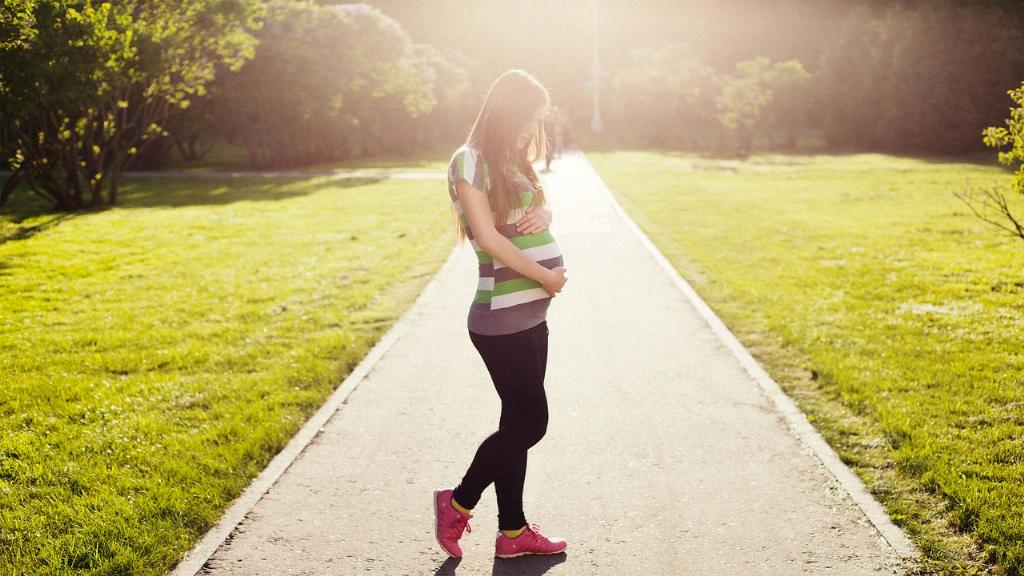Many expectant mothers may wonder if it is safe to touch or play with their belly buttons during pregnancy. The good news is that in most cases, touching your belly button while pregnant is perfectly safe. The baby is well-protected inside the womb, surrounded by the amniotic fluid and the uterine walls, which act as a barrier against external stimuli.
It is important to note that the baby is not directly connected to the belly button. The umbilical cord, which connects the baby to the placenta, delivers nutrients and oxygen to the baby and removes waste products, but it does not pass through the belly button itself. Therefore, gentle touching or poking of the belly button is unlikely to have any impact on the baby’s well-being.
Some women may experience sensitivity around the belly button area during pregnancy, especially as the baby grows and the uterus expands. In such cases, it is advisable to listen to your body and avoid any actions that cause discomfort or pain. If touching your belly button causes any discomfort, it is best to refrain from doing so.
While touching the belly button itself is usually harmless, pregnant women should be mindful of any signs of infection or irritation in the belly button area. Keeping the area clean and dry can help prevent any potential issues. If you notice any redness, swelling, or unusual discharge from the belly button, it is recommended to consult with your healthcare provider for further evaluation.
Some pregnant women may find touching or massaging their belly soothing and comforting. Bonding with the baby through gentle touch can be a positive experience for both the mother and the baby. Lightly rubbing the belly in a circular motion can also help relieve stress and promote relaxation, benefiting the overall well-being of both the mother and the baby.
It is essential to pay attention to your body’s signals and adjust your actions accordingly. If touching your belly button feels uncomfortable or causes any negative sensations, it is best to refrain from doing so. Every pregnancy is unique, and what works for one woman may not necessarily work for another.
Some pregnant women may be concerned about the impact of touching their belly buttons on the baby’s development. Rest assured that gentle contact with the belly button is unlikely to have any adverse effects on the baby. The baby is securely nestled inside the womb, well-protected from external factors.
As pregnancy progresses, the belly button area may become more sensitive due to hormonal changes and the stretching of the skin. Listening to your body’s cues and adjusting your actions accordingly is crucial for ensuring a comfortable and healthy pregnancy experience. If touching your belly button feels uncomfortable or causes any pain, it is best to avoid it.
Ultimately, the decision to touch your belly button while pregnant is a personal one. If the action brings you comfort and joy and does not cause any discomfort, there is no harm in gently touching or playing with your belly button. Trusting your instincts and prioritizing your well-being and comfort are key during this special time.
In conclusion, touching your belly button while pregnant is generally safe for both you and your baby. Listen to your body, pay attention to any signs of discomfort, and consult with your healthcare provider if you have any concerns. Enjoy this special time in your life and cherish the moments of bonding with your little one.

